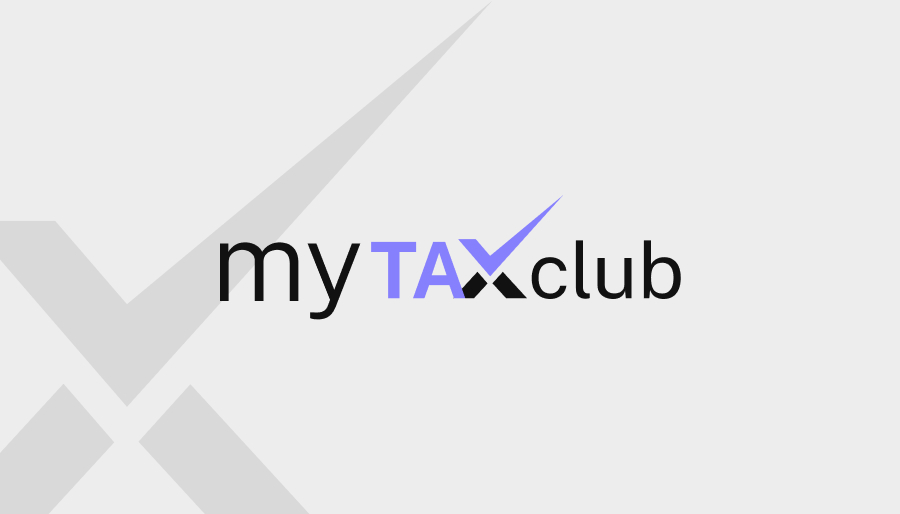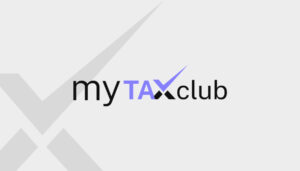What is ITR?
An Income Tax Return (ITR) is a form taxpayers use to report their income earnings and taxes due to the tax authorities. An Income Tax Return (ITR) is like a report card that you submit to the tax department. It shows how much money you made in a year and the taxes you’ve paid on that income. It’s crucial for keeping things transparent between you and the government, ensuring you’ve paid your fair share and can claim any refunds you might be owed.
When Do You Need to File Your Income Tax Returns (ITR) in India?
Filing your Income Tax Return (ITR) isn’t just about whether you hit a certain income level. Sure, there are basic exemption limits:
- Below 60 years: Rs 2.5 lakh
- 60 to 80 years: Rs 3.0 lakh
- Above 80 years: Rs 5.0 lakh
But even if your income is below these limits, you might still need to file an ITR. Here’s when:
- You’ve deposited Rs 1 crore or more in current accounts, or Rs 50 lakh in savings accounts.
- Spent over Rs 2 lakh on foreign travel or over Rs 1 lakh on electricity in a year.
- Your TDS or TCS is more than Rs 25,000 (or Rs 50,000 for seniors).
- Your business turnover exceeds Rs 60 lakh, or professional receipts are over Rs 10 lakh.
The government occasionally exempts certain groups, but there are no new exemptions currently notified.
Choosing Your ITR Form
Want to pick the right ITR form for this year? Here’s a quick guide to help you choose based on your income and financial activities.
ITR-1
This return is for Resident individuals with a total income up to Rs 50 lakh from:
- Salary or pension
- One house property (excluding prior year losses)
- Other sources (excluding lottery and horse race winnings)
- Agricultural income up to Rs 5000
You cannot use ITR-1 if:
- Total income exceeds Rs 50 lakh
- Agricultural income over Rs 5000
- Taxable capital gains
- Income from business or profession
- More than one house property
- Directors in a company, holders of unlisted equity shares
- Ownership of foreign assets or foreign income
- RNORs and non-residents
- Any brought forward loss or loss to be carried forward under any head of income
ITR-2
ITR-2 is suited for individuals and Hindu Undivided Families (HUFs) who:
- Receive income from salary or pension, house property, or other sources, including lottery and horse races.
- Are directors in a company or have investments in unlisted equity shares.
- Are residents but not ordinarily resident (RNORs) or non-residents.
- Have foreign income or assets, or agricultural income over Rs 5,000.
- Have capital gains, tax deducted under Section 194N, deferred tax on ESOPs, or need to carry forward losses.
- Need to include another person’s income (like a spouse or child) with their own.
Who Cannot Use ITR-2: If your income includes earnings from a business or profession, ITR-2 isn’t the right form for you—ITR-3 or ITR-4 might be required instead.
ITR-3
Who Can Use ITR-3: ITR-3 is for individuals and Hindu Undivided Families (HUFs) who:
- Earn income from a proprietary business or profession.
- Are directors in a company or have investments in unlisted equity shares.
- Have income from house property, salary/pension, and other sources.
- Receive income as a partner in a firm.
Key Point: If you’re not eligible for ITR-1, ITR-2, or ITR-4 due to business or professional income, you should file ITR-3.
ITR-4 (Sugam)
ITR-4 is for individuals, HUFs, and partnership firms (excluding LLPs) who:
- Have business income under the presumptive income scheme (Sections 44AD, 44AE).
- Have professional income under the presumptive income scheme (Section 44ADA).
- Earn income from salary or pension up to Rs 50 lakh.
- Have income from one house property, not exceeding Rs 50 lakh.
- Earn income from other sources, not exceeding Rs 50 lakh.
Who Cannot Use ITR-4: You cannot use ITR-4 if:
- Total income exceeds Rs 50 lakh.
- Income from more than one house property.
- Own foreign assets or have foreign income.
- Have signing authority in any account outside India.
- Are a director in a company.
- Have investments in unlisted equity shares.
- Are RNOR or non-resident.
- Need to carry forward losses.
Presumptive income schemes simplify tax filing by allowing you to estimate income based on a percentage of gross receipts or turnover. However, if your business turnover exceeds Rs 2 crore, you must file ITR-3.
ITR-5
ITR-5 is for firms, LLPs, AOPs, BOIs, AJPs, estates of deceased or insolvent individuals, business trusts, and investment funds.
ITR-6
ITR-6 is for companies other than those claiming exemption under section 11 (charitable/religious organizations). Must be filed electronically.
ITR-7
ITR -7is for entities required to file returns under sections 139(4A) to 139(4F), including:
- Trusts (charitable/religious)
- Political parties
- Scientific research associations
- News agencies
- Educational institutions
- Business trusts and investment funds
These forms address the unique tax reporting requirements for different organizational structures and purposes.

